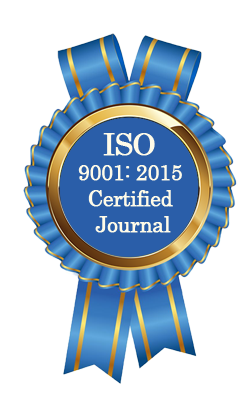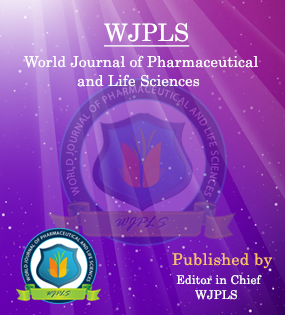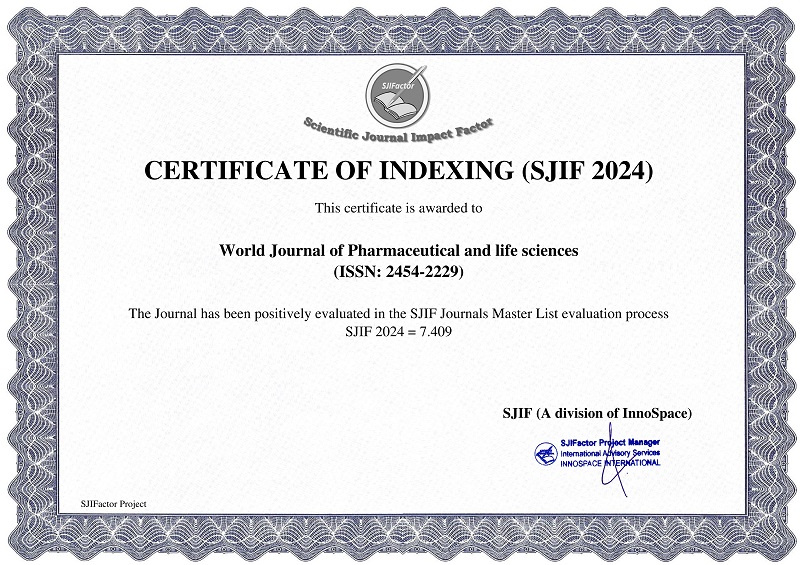Abstract
ADVERSE DRUG REACTION: A PHARMACEUTICAL REVIEW OF MECHANISM, RISK FACTORS, AND EMERGING DETECTION STRATEGIES
Arya Navnath Kate*, Shreya Suresh Gouraje, Pranav Hari Sargar
ABSTRACT
Adverse drug reactions (ADRs) are unexpected and adverse reactions to drugs that jeopardize patient safety and raise healthcare expenditures. They are a major cause of morbidity and mortality, especially among hospitalized patients, with children being more vulnerable than adults. ADRs are divided into Type A (predictable, dose-dependent) and Type B (idiosyncratic, dose-independent) reactions based on hereditary variables, drug-drug interactions, and patient-specific situations. ADR symptoms vary significantly, affecting numerous body systems and ranging from mild to life-threatening. Effective ADR diagnosis and management need the use of standard reporting systems as well as modern machine learning approaches for detection. Artificial intelligence and knowledge graphs have emerged as effective techniques for forecasting ADRs, hence improving pharmacovigilance efforts. Aiming to finally improve patient safety and lower healthcare burdens, the integration of several evidence sources and creative models such as the Knowledge Graph Deep Neural Network (KGDNN) offers promise in enhancing ADR diagnosis and management.
[Full Text Article] [Download Certificate]WJPLS CITATION 
| All | Since 2020 | |
| Citation | 590 | 424 |
| h-index | 12 | 10 |
| i10-index | 17 | 14 |
INDEXING
NEWS & UPDATION
BEST ARTICLE AWARDS
World Journal of Pharmaceutical and life sciences is giving Best Article Award in every Issue for Best Article and Issue Certificate of Appreciation to the Authors to promote research activity of scholar.
Best Article of current issue
Download Article : Click here





